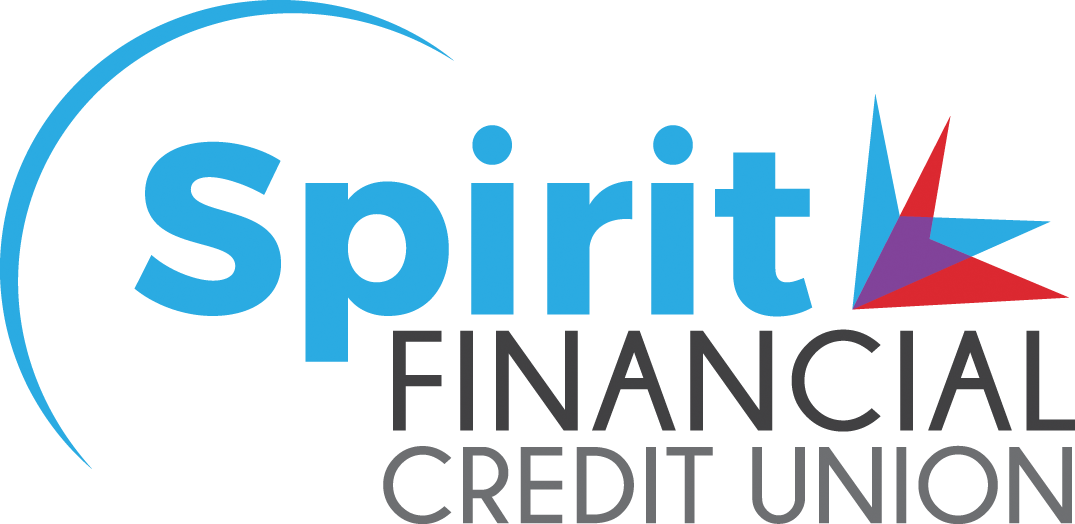Evil Twin Wi-Fi Dangers: Anatomy of a High-Tech Wi-Fi Heist
In today's hyper-connected world, public Wi-Fi is as essential as morning coffee. But hidden beneath that comforting "Free Wi-Fi Available" sign could be a digital predator lurking - an Evil Twin. At Spirit Financial, your security is our priority. Understanding threats like Evil Twin Wi-Fi scams can help protect your finances, your identity, and your future.
Evil Twin Wi-Fi Scams Explained
An Evil Twin is a type of digital attack in which a cyber-criminal sets up a deceptive Wi-Fi network that mimics a legitimate one. Think of it like a near-perfect clone of your favorite coffee shop's Wi-Fi - the same name, same login page (sometimes even identical designs) - but entirely under the hacker's control.
Once you connect, everything you send - emails, passwords, credit card details - could be intercepted. You think you're surfing safely, but you're not.
This method may be combined with another threat called a Man-in-the-Middle (MitM) Attack, where the hacker secretly intercepts and possibly alters the communication between you and the websites you visit. They're silently sitting between you and the internet, watching and sometimes manipulating everything you do.
A Realistic Evil Twin Scenario: How the Heist Could Happen
Imagine this:
You're at an airport, your flight delayed, trying to get some work done. You spot a Wi-Fi network labeled "Airport_Free_WiFi." It looks legit, so you connect, thinking you're safe. But the truth is, you've just stepped into a potential trap set by a hacker sitting a few rows away.
A hacker sitting a few rows away set up that "Airport_Free_WiFi" network using a portable device called a Wi-Fi Pineapple - a tool that simplifies creating fake networks. Once connected, your device automatically sends login credentials and possibly even credit card information without you even realizing it.
If you log into your credit union account or email during that session, the hacker could capture your username and password. Worse yet, if you reuse passwords across multiple sites (a common habit), they could now access your other accounts - from shopping apps to your retirement fund.
From there, it's a domino effect:
Unauthorized purchases on your credit cards
Drained accounts
Identity theft to open loans in your name
Hijacked social media accounts used for scams targeting your friends and family
All because of a simple, innocent-looking Wi-Fi connection.
How to Spot an Evil Twin (Before It's Too Late)
Thankfully, there are clear red flags if you know what to watch for:
Duplicate Networks: If you see two similar network names (like "Coffee_House_WiFi" and "CoffeeHouse_WiFi_Guest"), proceed cautiously.
No Password Needed: Most legitimate businesses require at least a basic password.
Login Portals That Look 'Off': Poor design, odd logos, weird grammar, or strange URLs on the login page can be significant warning signs.
Network Requests Sensitive Info: If the Wi-Fi login portal asks for too much information, such as your social security number or credit card information, disconnect immediately.
Connection is Too Fast or Slow: Sometimes, fake networks behave differently than real ones, lagging strangely or seeming suspiciously quick.
Spirit Financial's Tips to Stay Safe on Public Wi-Fi
Use a VPN: A virtual private network (VPN) encrypts your internet traffic, shielding it from prying eyes, even on fake networks.
Turn Off Auto-Connect: Disable automatic Wi-Fi connection settings on your device. Always manually select your network.
Stick to HTTPS Sites: Always check for the "https://" (with the 's' for secure) before entering sensitive information.
Ask Staff for the Official Wi-Fi Name: In cafes, airports, hotels, or malls, verify the exact name of the official Wi-Fi network.
Avoid Completing Financial Transactions on Public Wi-Fi: Save sensitive activities like transferring funds or shopping for when you're on a secure, private network.
Use Two-Factor Authentication (2FA): Even if hackers steal your password, 2FA can prevent them from accessing your accounts.
Final Thoughts: Awareness Is Your Best Defense
Evil Twin Wi-Fi dangers are many, and attacks are scary, but they're avoidable if you stay alert. Always think twice before connecting to any public Wi-Fi network, especially in high-traffic areas like airports and shopping centers. When it comes to cybersecurity, convenience often comes at a cost. With the proper knowledge and caution, you can stay one step ahead of scammers.
At Spirit Financial, we believe that knowledge is power, and that digital safety is just as important as financial health. Stay smart and cautious, and you'll stay one step ahead of scammers.
Learn more about fraud in our recent blog, "Check Fraud Uncovered: How to Spot Scams Before It's Too Late."



